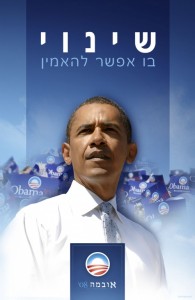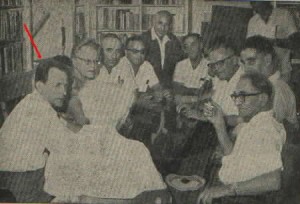Is Hebrew the language of the prophets or the language of modern Israel? The question is symbolized by that well-known phenomenon of the new speaker of the language, fresh from her ulpan course, who sets off on a crusade to correct the grammar, vocabulary and pronunciation to the benighted native speakers she encounters on the street.

According to Ordan, Zuckerman is correct to claim that the language we speak today in Israel is a language distinct from than that of the Hebrew-speakers of the biblical and classical periods. The Zionist revivers of the language, beginning at the end of the 19th century, sought to reinstate a pure Hebrew based on the language of the Bible (not the rabbis!). But, since they were native speakers of Yiddish and Slavic languages, what they actually ended up doing was grafting a Hebrew vocabulary onto the grammar and syntax of their mother tongues. Therefore, Ordan views with favor Zuckerman’s claim that the language spoken in Israel today should not be called “Hebrew” but rather “Israeli.”






